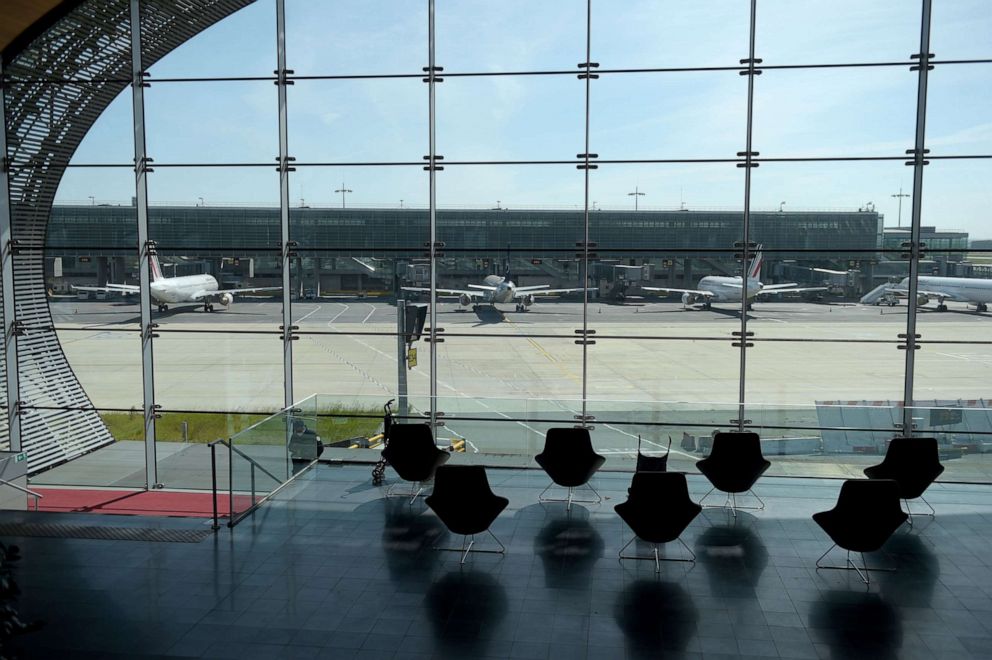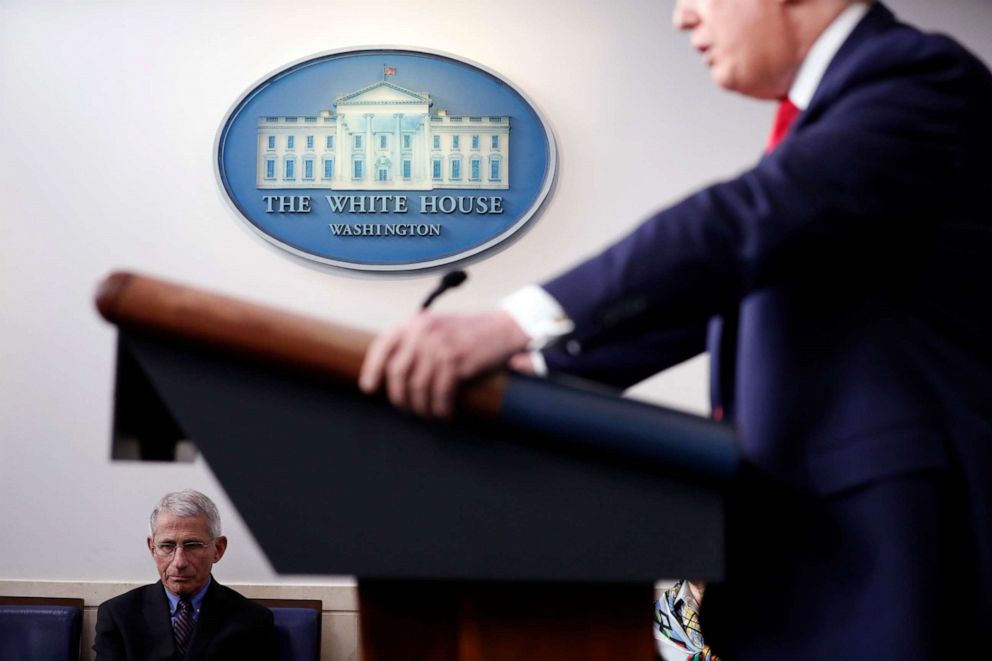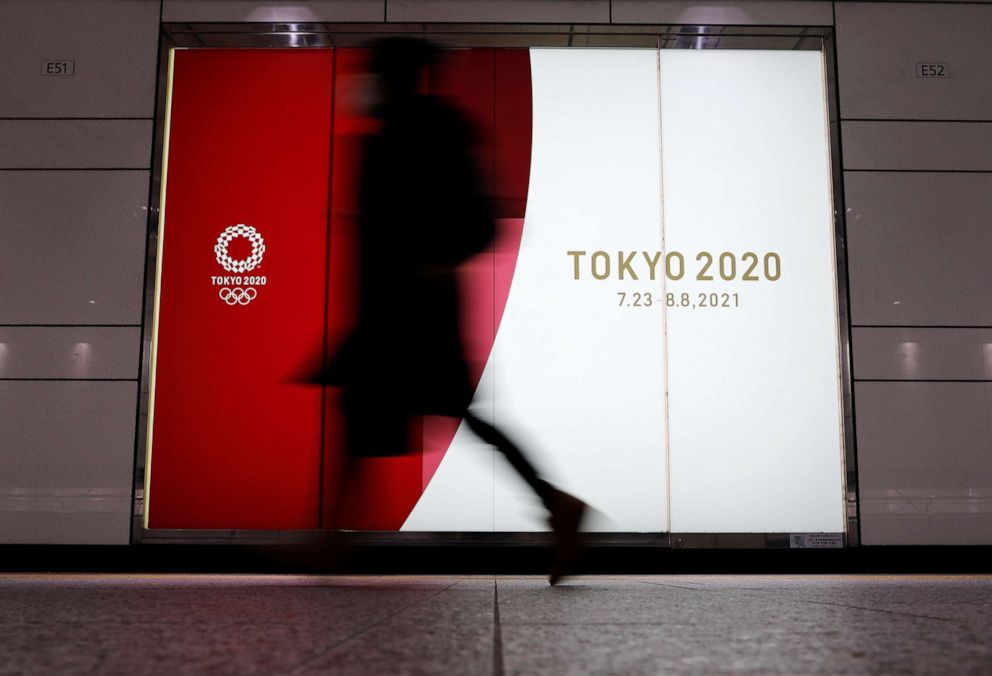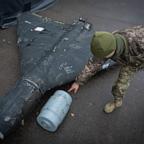France to require negative COVID-19 test for all arrivals by boat or plane
French President Emmanuel Macron announced that all travelers arriving by boat or plane will have to test negative for COVID-19 before entering the country.
The new measure, which goes into effect Sunday, includes visitors from within the European Union as well as those outside the regional bloc. They must take a polymerase chain reaction (PCR) test up to three days before departure and provide evidence of a negative result before they travel, according to a statement from Macron's office released late Thursday.
People traveling for essential reasons, such as cross-border or ground transportation workers, will be exempt from the requirement. People arriving from other EU member states by train or car will also be exempt.

France has the sixth-highest tally of diagnosed COVID-19 cases in the world, after the United States, India, Brazil, Russia and the United Kingdom, according to a count kept by Johns Hopkins University.
The European nation of 67 million people confirmed another 22,848 cases of COVID-19 on Thursday, along with an additional 358 fatalities from the disease. That brings the cumulative totals to 2,987,965 cases and 71,998 deaths, according to the latest data from France's public health agency.
ABC News' Ibtissem Guenfoud contributed to this report.






